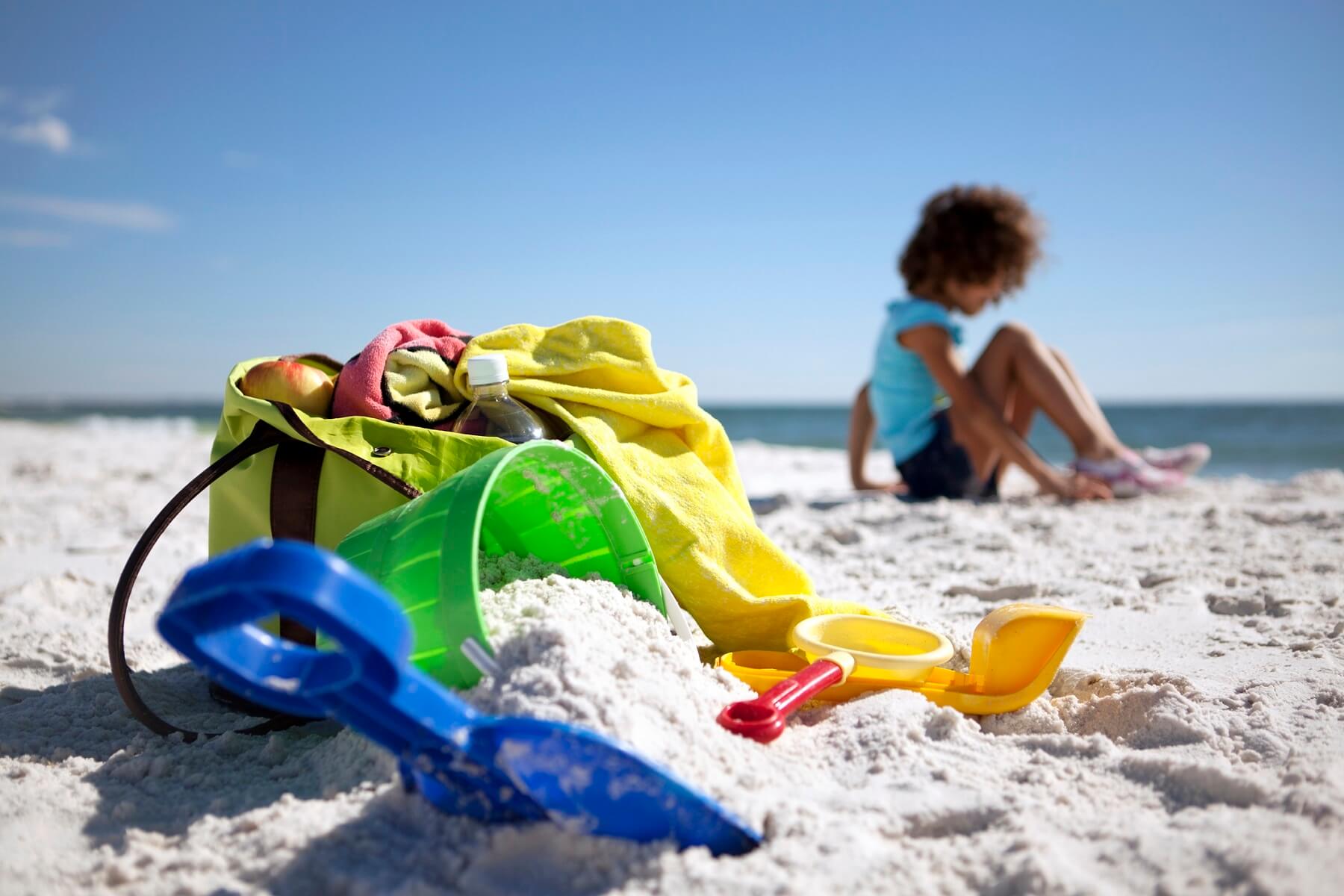Best Time to Visit North Myrtle Beach
Let’s talk about the weather. Forget what you know about your typical winter, spring, summer or fall. Every season is unique along the southern coast, and in South Carolina, we like to joke that we have just two seasons—hot and mild! With that said, you may be wondering what to expect on your next Grand Strand vacation, and how to pack.
Truth be told, there’s never a bad time to visit the Grand Strand. While we don’t know for sure what the forecast will be months in advance, we can offer these typical guidelines to consider as the season’s change and you plan for your trip.
North Myrtle Beach, SC Weather & Average Temperatures

When To Visit North Myrtle Beach

Spring
Spring is considered one of the best seasons to visit the Grand Strand. The summer crowds are still a few months away, and if you’re looking to get away for a much-needed spring break, there are great deals to be had in the off-season on a rental property. Average daytime temperatures range from the mid-60s in March to high 70s in May, with evening temperatures ranging from the mid-40s to high 50s. Be sure to pack accordingly, with layers and a waterproof windbreaker for the occasional spring shower.
Summer
Summer is the prime season for fun in the sun and surf. The kids are home from school, traveling is easy, and the beach is calling! Average daytime temperatures tend to hover in the mid to high 80s, with some really hot and humid days thrown into the mix. Sunscreen is a must for those afternoons spent enjoying the beach.
Be aware that you might also encounter an occasional thunderstorm from June through August, but never fear. There are many indoor attractions for visitors to enjoy. Summer evenings are a bit cooler and are typically in the low to mid-70s, so pack accordingly, and don’t forget your bathing suits!


Fall
Like Spring, Fall is considered one of the best times to visit the Grand Strand, especially if you love to golf or fish. The beaches are less crowded in the off-season, the weather is warm and sunny on most days, and the sky is often blue and clear.
While daytime temperatures remain in the mid-80s in September, they will likely drop to the low 70s and mid-60s come October and November. Evening temps tend to range from the high 70s to the low 50s as the autumn months progress, so it’s wise to pack layers. Still, there are great beach days to be had in the fall for shell collectors.
Although fall weather is usually balmy on the Grand Strand, mid-August to late October is also peak hurricane season. No need to panic—we offer (and recommend) travel insurance when booking one of our rental properties, so you can have a worry-free experience.
Winter
The winter months are typically mild on the Grand Strand. That is why snowbirds flock here to escape the freezing temperatures up north! The average daytime temperatures December through February sit comfortably between the mid-50s to low 60s, with evening temps dropping into the low 30s and high 40s. You probably won’t need a heavy coat, but a fleece or warm sweatshirt should do nicely on chilly days.






